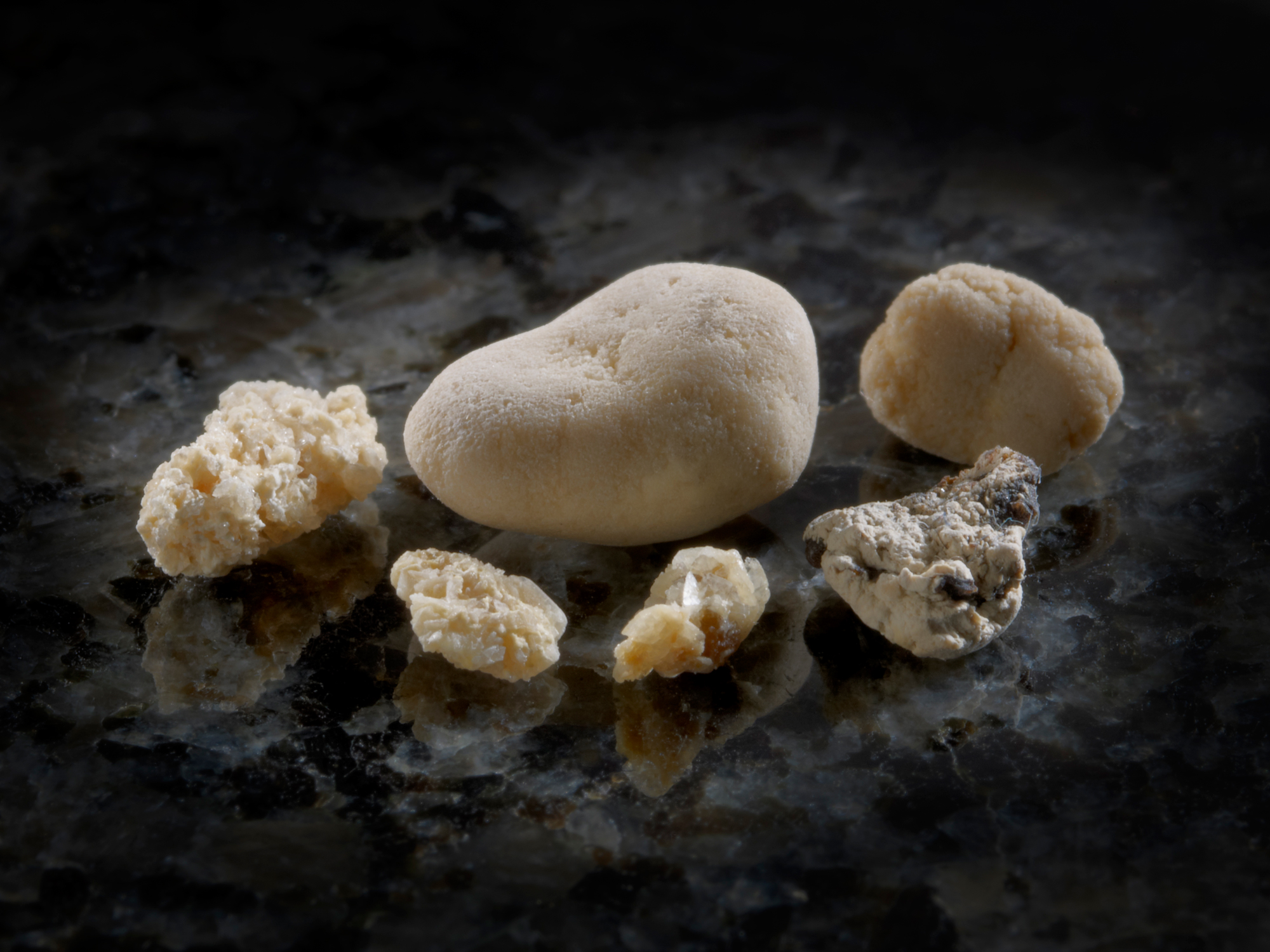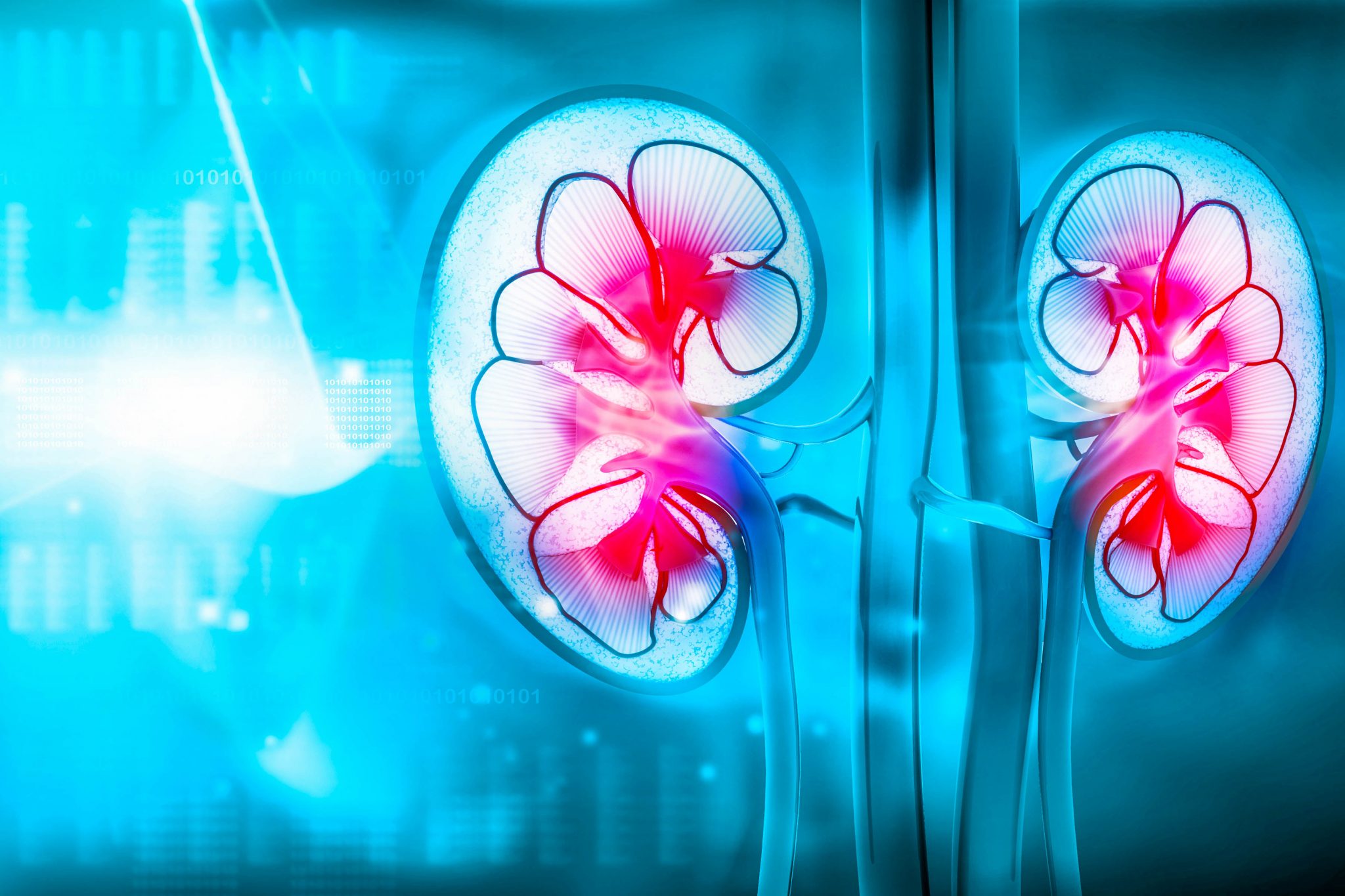Are kidney stones painful for women? This is a question that many women ask when they experience the sharp, intense pain associated with this condition. Kidney stones, medically known as nephrolithiasis, can cause excruciating discomfort regardless of gender. However, women often face unique challenges due to differences in anatomy and hormonal factors. Understanding the causes, symptoms, and treatment options is crucial for managing this condition effectively. For women, the pain caused by kidney stones can feel overwhelming, especially when it radiates from the lower back to the abdomen and groin area. While some women may experience mild discomfort, others endure severe pain that disrupts daily life. This article dives deep into the topic, providing answers to common questions and offering practical advice to help you navigate this health issue.
Many women wonder if the pain from kidney stones is worse than other types of pain, such as menstrual cramps or labor. The answer varies depending on the size and location of the stone, as well as individual pain tolerance. Kidney stones can cause waves of intense pain known as renal colic, which often comes and goes. This makes it essential to recognize the symptoms early and seek medical attention promptly. By addressing the question, "Are kidney stones painful for women?" we aim to equip you with the knowledge needed to manage this condition confidently.
In this comprehensive guide, we will explore the causes of kidney stones in women, the factors that contribute to their pain, and the best ways to prevent and treat them. From dietary tips to medical interventions, you'll find actionable advice to help you cope with this painful condition. Whether you're currently dealing with kidney stones or simply want to learn more, this article will provide valuable insights to support your health journey.
Read also:William Nylander Siblings A Closer Look At Their Lives And Achievements
Table of Contents
- What Causes Kidney Stones in Women?
- Are Kidney Stones Painful for Women?
- How to Relieve Pain from Kidney Stones?
- Can Diet Help Prevent Kidney Stones?
- What Are the Symptoms of Kidney Stones in Women?
- How Are Kidney Stones Diagnosed?
- What Are the Treatment Options for Kidney Stones?
- Why Do Women Experience Different Pain Levels?
- How to Prevent Kidney Stones in the Future?
- When to See a Doctor for Kidney Stones?
What Causes Kidney Stones in Women?
Kidney stones form when certain substances in the urine, such as calcium, oxalate, and uric acid, become too concentrated. These substances crystallize and clump together, forming hard deposits. Several factors contribute to the development of kidney stones in women, including dehydration, dietary habits, and underlying medical conditions. Women who consume a diet high in salt, sugar, or protein may be at a higher risk of developing stones. Additionally, conditions like urinary tract infections (UTIs) and hormonal imbalances can increase the likelihood of stone formation.
Dehydration is one of the most common causes of kidney stones. When you don't drink enough water, your urine becomes more concentrated, making it easier for stones to form. Women who live in hot climates or engage in intense physical activity without staying hydrated are particularly vulnerable. Certain medications, such as diuretics and antacids, can also contribute to stone formation. Understanding these causes can help women take proactive steps to reduce their risk of developing kidney stones.
Are Kidney Stones Painful for Women?
Yes, kidney stones can be extremely painful for women. The level of pain depends on the size and location of the stone, as well as how it moves through the urinary tract. When a kidney stone travels from the kidney to the bladder, it can cause severe discomfort, often described as a sharp, cramping sensation. This pain is typically felt in the lower back, side, abdomen, or groin area and may come in waves.
Why Do Kidney Stones Hurt So Much?
Kidney stones cause pain because they block the flow of urine, leading to pressure buildup in the kidneys. This pressure triggers nerve endings, resulting in intense pain. The pain can vary in intensity and may shift as the stone moves through the urinary tract. Women often describe the pain as worse than menstrual cramps, making it essential to address the question, "Are kidney stones painful for women?"
Can the Pain Be Managed at Home?
While severe pain from kidney stones often requires medical attention, some women find relief through home remedies. Drinking plenty of water, applying heat to the affected area, and taking over-the-counter pain relievers can help alleviate discomfort. However, if the pain becomes unbearable or is accompanied by other symptoms like fever or blood in the urine, it's crucial to seek professional care.
How to Relieve Pain from Kidney Stones?
Relieving pain from kidney stones involves a combination of medical treatments and lifestyle adjustments. Doctors may prescribe medications like alpha-blockers to relax the muscles in the urinary tract, helping the stone pass more easily. In severe cases, procedures such as lithotripsy or surgery may be necessary to remove the stone.
Read also:Exploring The Lives Of Odell Beckham Jr And Justin Bieber A Fascinating Journey
What Are the Best Pain Relief Options?
For mild to moderate pain, over-the-counter medications like ibuprofen or acetaminophen can be effective. However, for more intense pain, prescription medications may be required. It's essential to consult a healthcare provider to determine the best course of action for your specific situation.
Can Diet Help Prevent Kidney Stones?
Yes, diet plays a crucial role in preventing kidney stones. Women can reduce their risk by staying hydrated and consuming a balanced diet low in sodium and animal protein. Foods rich in calcium, such as dairy products, can also help prevent certain types of stones.
What Foods Should Women Avoid?
Women prone to kidney stones should limit their intake of foods high in oxalates, such as spinach, nuts, and chocolate. Additionally, reducing salt and sugar consumption can help maintain a healthy urinary balance.
What Are the Symptoms of Kidney Stones in Women?
The symptoms of kidney stones in women include severe pain, nausea, vomiting, and blood in the urine. Recognizing these symptoms early can help women seek timely treatment and avoid complications.
How Are Kidney Stones Diagnosed?
Doctors use imaging tests like CT scans and ultrasounds to diagnose kidney stones. These tests help determine the size and location of the stone, guiding treatment decisions.
What Are the Treatment Options for Kidney Stones?
Treatment options for kidney stones range from conservative measures like hydration and pain management to more invasive procedures like lithotripsy or surgery.
Why Do Women Experience Different Pain Levels?
Women may experience varying levels of pain due to differences in anatomy, hormonal fluctuations, and individual pain tolerance. These factors influence how kidney stones affect each woman differently.
How to Prevent Kidney Stones in the Future?
Preventing kidney stones involves staying hydrated, maintaining a healthy diet, and addressing underlying medical conditions. Regular check-ups with a healthcare provider can also help monitor and manage risk factors.
When to See a Doctor for Kidney Stones?
Women should see a doctor if they experience severe pain, fever, chills, or blood in the urine. These symptoms may indicate a serious condition that requires immediate medical attention.
By addressing the question, "Are kidney stones painful for women?" and providing comprehensive insights into prevention and treatment, this article aims to empower women to take control of their health. Whether you're dealing with kidney stones or simply want to learn more, the information provided here can guide you toward a healthier future.

